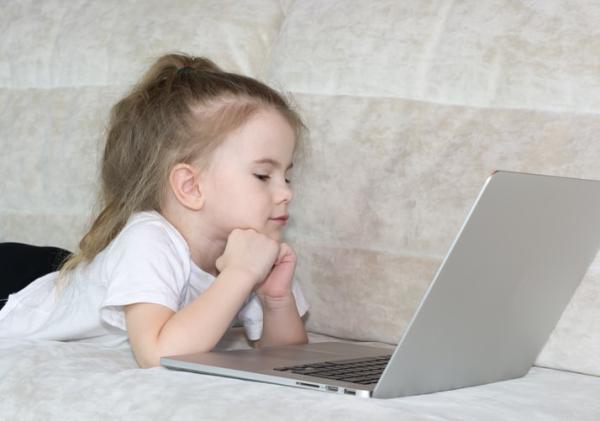
Mark Bertin addressed the pressing question, How to stay healthy and emotionally resilient in a time of widespread unease in Psychology Today this week. Taking into consideration that most of our routines have been recently and radically disturbed, the author — a developmental paediatrician — offers several pieces of advice for parents and children right now.
- Stay resilient. Exercise regularly (your mental health depends on physical routines; exercising improves mood and learning attitudes!), keep stable bedtime habits, eat healthy food, cook together and maintain regular contact with family and friends.
- Create structure. Scheduling daily activities (e.g. exercise, hobbies, schoolwork, outdoor time, etc.) makes both adults and children happier.
- Care for your families and communities. In order to stop the spread of COVID19, following expert guidelines — such as handwashing, avoiding handshaking and face touching, staying home or staying away from others — is a comprehensive care solution.
- Stay alert with online schooling. Having clear expectations that children will need supervision and support in this process is essential. Children with ADHD may need help with self-management.
- Stay realistic and reassuring about COVID19. Honest discussions, less oversharing, giving space for questions, and straightforward answers can put a child's mind at ease. Explaining that ‘we are all doing this together to protect the few of us at risk’ may lead to the useful conversation about ‘what can we all learn to do differently to prevent this in the future?’
- Practice mindfulness.
For adults: In these uncertain times, common emotional responses such as snapping at people, withdrawal or constantly reading the news can be reduced if we try working with uncertainty. Asking ourselves ‘What does it feel like to be uncertain?' and trying to choose when to act emotionally matter because 'uncertainty is here, it’s going to be here, and resilience relies on staying patient, alert, and grounded.’ Breathing exercises — taking several breaths, noting uncertainty in our mind, and paying attention to how it feels — helps us maintain mindfulness.
For children: As working with uncertainty is abstract for children, normalizing the experience of awareness is an essential first step. If the child welcomes the idea, a few minutes of unforced mindfulness practice might be set at bedtime, before starting homework or during meals (online guided practices).















